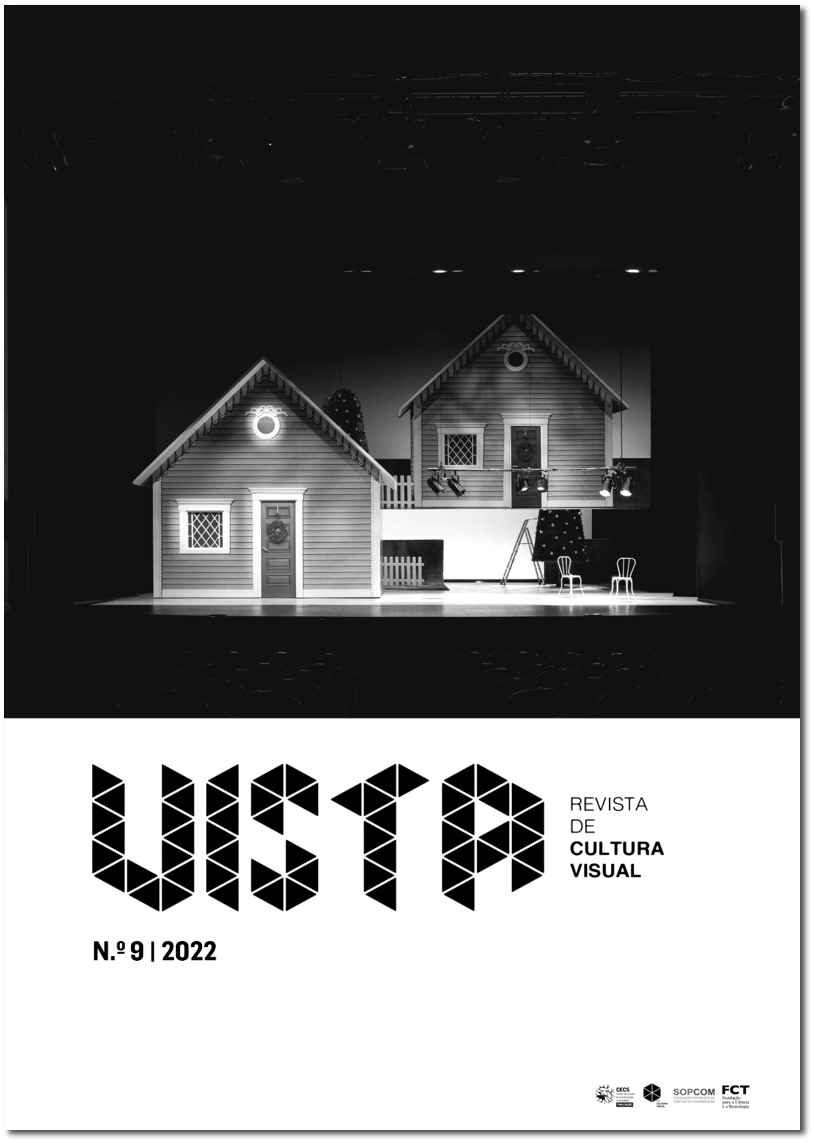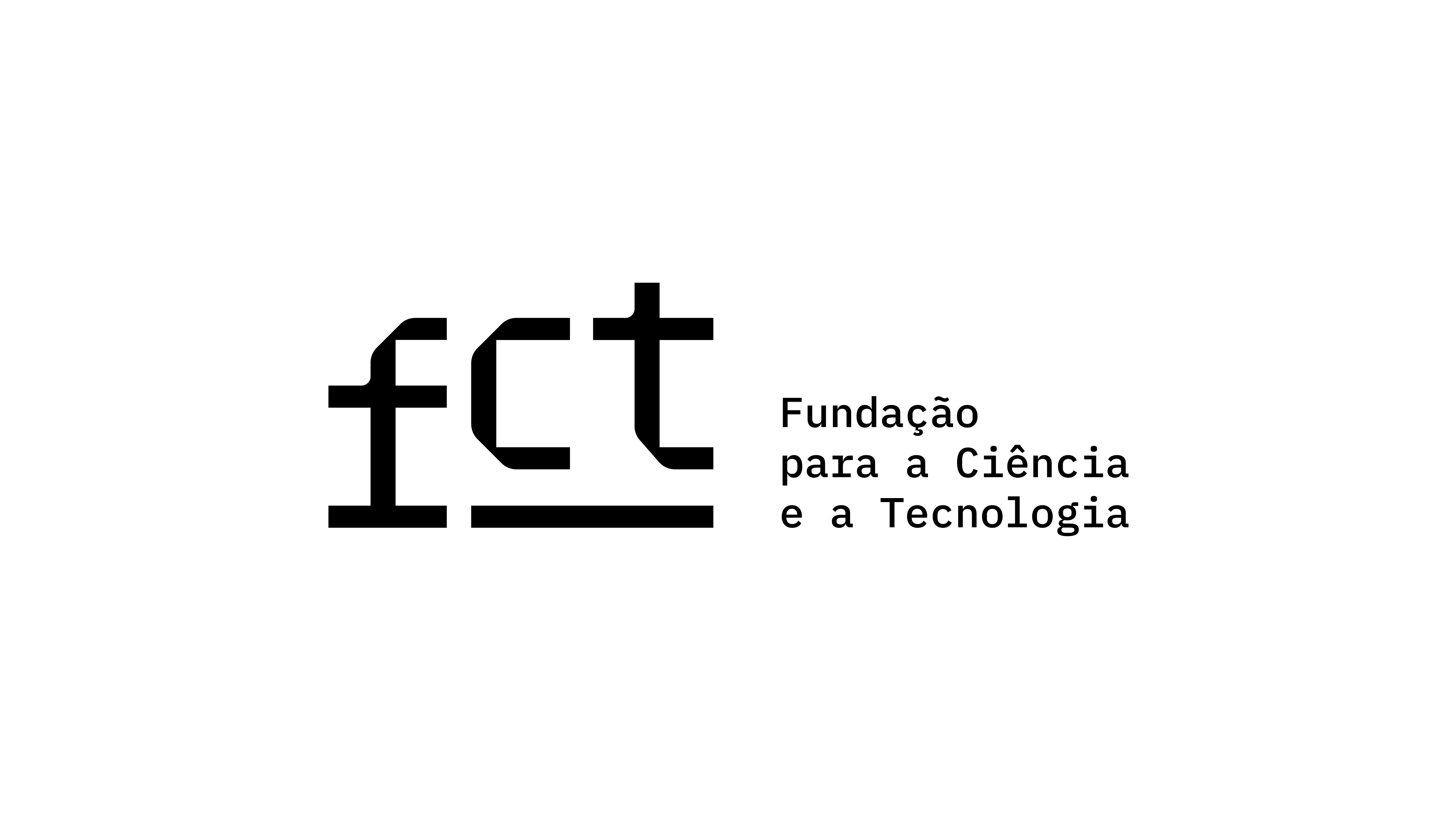Doing Away With Borders: Jornal de Borda Goes Beyond the Frontiers of Art
DOI:
https://doi.org/10.21814/vista.4014Keywords:
visual culture, art, life, anarchism, printed publicationAbstract
Artists' publications are often used in contemporary art studies in discussions about the printed page. However, these publications go beyond their nomenclatures and place in art institutions. The boundaries of visual arts are increasingly blurred, and discussions of works of art become more potent when viewed within the broader spectrum of visual culture. Aesthetics have the power to produce knowledge and establish relations with ways of living and being in the world and throughout history. Publications, as such, are social places that can mediate these relationships between people, especially when it involves issues like feminism, capitalism, and decoloniality. The Jornal de Borda — an anarchist visual culture newspaper circulated in Latin America in Portuguese and Spanish between 2015 and 2021 — is an example of artistic expression through printing. It strategizes the name of dissenting bodies — referred to as “corpas” — in the context of art within visual culture; it establishes relations between these bodies and anarchism within the Latin American context; and the aesthetic relates directly to other newspapers from the last century, such as A Plebe, honoring history as it makes history.
Downloads
References
Azoulay, A. (2015). Civil imagination: A political ontology of photography (L. Bethlehem, Trans.). Verso. (Original work published 2012)
Bayer, O. (2015). The anarchist expropriators. AK Press; Kate Sharpley Library.
Benjamin, W. (2005). Walter Benjamin selected writings1931-1934 (Vol. 2). The Belknap Press of Harvard University Press.
Brogowski, L. (2011). Éditer l’art: Le livre d’artiste et l’histoire du livre. Les Éditions de La Transparence.
Buela, J. R. (1964). Historia de un ideal vivido por una mujer. Editorial Reconstruir.
Carrión, U. (1975). El arte nuevo de hacer libros. Plural IV(41), 33–38.
Chalmers, V. (2018). Escritas libertárias. Edufscar. DOI: https://doi.org/10.7476/9786580216154
Drucker, J. (2004). The century of artists’ books. Granary Books.
Ensminger, D. (2010). Coloring between the lines of punk and hardcore: From absence to black punk power. Postmodern Culture, 20(2). https://doi.org/10.1353/pmc.2010.0010 DOI: https://doi.org/10.1353/pmc.2010.0010
Faleiros, F. (2016). O pulso que cai e as technologias do toque. Ikrek.
Freire, C. (2009). Artistas/curadores/arquivistas: Políticas de arquivo e a construção de arquivo e a construção das memórias da arte contemporânea. In A. Longoni (Ed.), Conceptualismo do sul (pp. 13–23). Annablume.
Grigolin, F. (2015). A fotografia no livro de artista em três ações: Produção, edição e circulação [Master's thesis, Universidade Estadual de Campinas]. Red de Repositorios Latinoamericanos. https://repositorioslatinoamericanos.uchile.cl/handle/2250/1319901
Grigolin, F. (2020). Sou aquela mulher do canto esquerdo do quadro: A história das mulheres anarquistas como narrativa encarnada [Doctoral dissertation, Universidade Estadual de Campinas]. Tenda de Livros. https://tendadelivros.org/loja/produto/livro-sou-aquela-mulher-do-canto-esquerdo-do-quadro DOI: https://doi.org/10.14393/EdA-v1-n2-2020-57542
Haraway, D. (1988). Situated knowledges: The science question in feminism and the privilege of partial perspective. Feminist Studies, 14(3), 575–599. https://doi.org/10.2307/3178066 DOI: https://doi.org/10.2307/3178066
hooks, b. (2015). Talking back: Thinking feminist, thinking black. Routledge. DOI: https://doi.org/10.4324/9781315743134
Hooks, M. (2017). Tina Modotti: Photographer and revolutionary. La Fábrica.
Ludmila, A. (2021). Um grito contra a apropriação. Jornal de Borda, 10, 1.
Lozano de la Pola, R. (2019). Cuir visualities, survival imaginaries. In M. Iqani & F. Resende (Eds.), Media and the global south (1st Ed., pp. 86–104). Routledge India. DOI: https://doi.org/10.4324/9780429030109-6
Mirzoeff, N. (1999). An introduction to visual culture. Routledge.
Parsons, L. (1905a). Salutation. The Anarchist Library. https://theanarchistlibrary.org/library/lucy-e-parsons-what-freedom-means
Parsons, L. (1905b). What freedom means. The Anarchist Library. https://theanarchistlibrary.org/library/lucy-e-parsons-what-freedom-means
Pelloutier, F. (1896). L'art et la révolte: Conférence faite le 30 mai 1896 salle du Commerce, 94, rue du Faubourg-du-Temple, à Paris. L'Art Social.
Rawlinson, M. (2013). Like trading dust for oranges: Ed Ruscha and things of interest. In J. Brouws, W. Burton, & H. Zschiegner (Eds.), Various small books: Referencing various books by Ed Ruscha (pp. 12). MIT Press.
Silveira, P. (2001). A página violada. UFRGS Editora.
Tolstoy, L. (1897). What is art. The Anarchist Library. https://theanarchistlibrary.org/library/leo-tolstoy-what-is-art
Downloads
Published
How to Cite
Issue
Section
License
Copyright (c) 2022 Fernanda Grigolin, Mirna Wabi-Sabi

This work is licensed under a Creative Commons Attribution 4.0 International License.
Authors own the copyright, providing the journal with the right of first publication. The work is licensed under a Creative Commons Attribution 4.0 International License.













